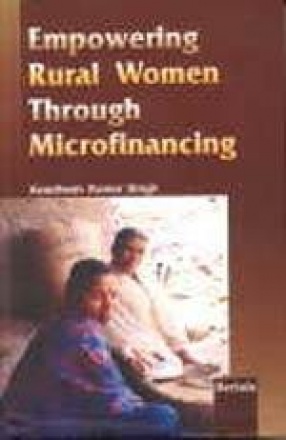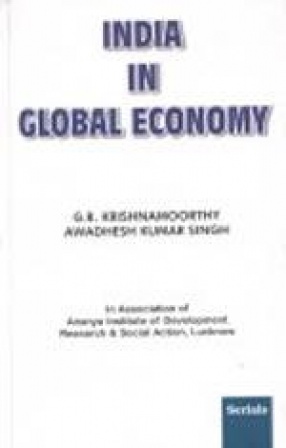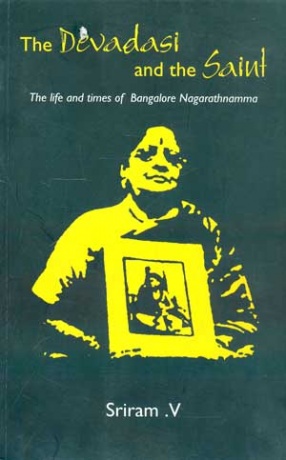Empowering Rural Women Through Microfinancing
Women empowerment is a buzz world today. No country can afford development without considering women who constitute about half of its stock of human resources. Women empowerment through self help groups based on microfinance has been central to development agenda in India. Indian government has also paid special attention to women's empowerment. Women's empowerment encompasses their enhanced status in social, political and economic spheres. Self help group based micro financing in India has been become a major tool for development and empowerment of poor. In the last decade, microfinance has moved from a virtually unknown development tool to one of the key issues in economic development discourse. Keeping the view, SHG based micro financing programmes and projects have been implemented in India, with financial support from World Bank, IFAD, Government and non-government agencies etc. SHG based microfinancing programmes oriented towards empowering rural poor women are mainly Swashakti, Swayamsidha, Swarnjayanti Gramin Swarozgar Yojana, and Rastriya Mahila Kosh. Swashakti Project has been completed in June, 2005 and Swayamsidha Project is likely to end in 2007, however the other programmes are being implemented. The second phase of Swayam Sidha may be launched by the government of India while the new scheme of Indira Priyadarshani in U.P. and Bihar is expected to give impetus to women's empowerment. The micro financing based women development programmes have made significant impact on overall women empowerment and reducing rural poverty. Against this view point, a study on functioning and performance of Swashakti and Swayamsidha was carried out in twelve states with large sample of SHG's, SHG members project implementing agencies and development functionaries. The present book provides a deep insights of microfinancing and performance of SHG's based microfinancing programmes in India. It is expected that the book will be highly useful to the policy makers, development activists, representatives of NGO's and civil societies and those involved in implementation of microfinance projects and programmes.
Get it now and save 10%
BECOME A MEMBER










Bibliographic information